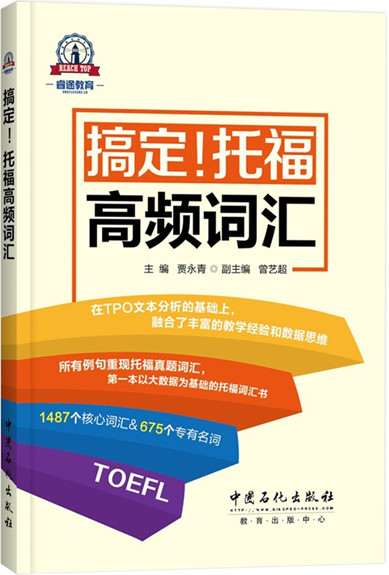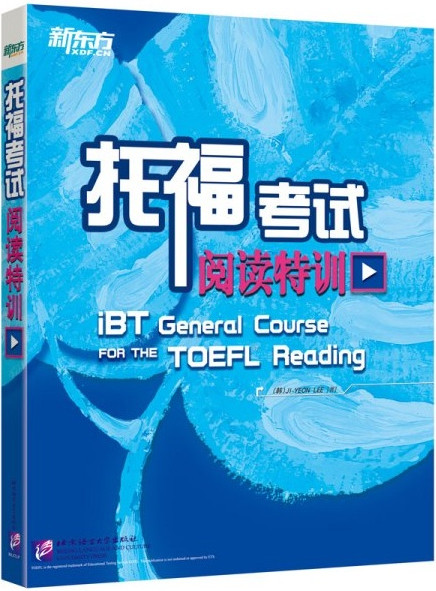托福写作题目为:In a word, studying only limited courses will be supportive for students’ physical and mental growth as well as their future careers,
托福写作范文参考一:
As for me, studying only three or four subjects appears to be a better choice and the listed reasons and examples will support what I believe.
To begin with, current young students have been under enormous pressure, doing great harm to their growth, and there is no need to impose too much pressure on them. To be more specific, to strengthen students’ future competitiveness in the society, most schools have expected to forge students’ various capacities since they were young by arranging a huge number of curriculums. What an ordinary high school student has to experience in his one-day school life can demonstrate how depressed and exhausted present high school students are. Getting up as early as 6AM has become common in recent two decades. Afterwards, a whole-day study will include various compulsory and optional courses like Mathematics that leads to intellectual stimulation or History that demands students to attempt to memorize historic events and relative effects as many as possible. When class is over, it is still far away from ending one-day study since lots of assignments such as the short essays or scientific researches need to be finished. Evidently, students suffer from the huge pressure from study, leading many of them to wear glasses at a young age and to be drained physically and mentally everyday. Thus, students are not supposed to be ordered to study many courses at a time.
To be followed, the inadequacy of enough leisure time will contribute students to have no chances to engage in what they interested in. High school students are still involved in an age during which they should exploit their own interests to decide which area they will choose when going to college in their near future. However, like I mentioned in the previous statement, to meet the requirements set by school; students have no option but to immerse themselves in a number of assignments and the freedom to pursue their own hobbies has been deprived. It is known to all that interest plays a leading role in assisting people to choose their future career and a recent released statistic in a survey conducted by Beijing Human Resource General Bureau indicates that approximately 67 percent of college undergraduates switch their professions from their major-related areas to what they are truly interested in their third year after graduation. In addition, many of the respondents claim that they are not satisfied with the current educational system, requiring students to study a wide range of curriculums, because it entirely downplays the importance of cultivating students’ hobbies and they believe that the earlier students can discover their interest, the more setbacks they can avoid when choosing future majors in the university and upcoming professors after graduation. A friend I know named Andy refused to become a mechanical engineer since he was bored to stay in the office building and finally chose to become a teacher in a educational institute since he can apply his passion and extrovert personality into the profession. Accordingly, student should be given more opportunities to develop their own hobbies to explore what they love.
- 06-13·2018年托福写作模拟试题:选课
- 06-13·2018年托福写作模拟试题:永远不要相信瞬间的判断
- 06-13·2018年托福写作模拟试题:期末成绩如何决定
- 06-07·2018年托福考试作文范文(35篇)
- 06-07·托福考试作文范文:大学是否应该对所有人开放
- 06-072018年托福考试作文范文(35篇)
- 02-222018年托福写作模拟试题汇总
- 02-142018年托福考试独立写作范文汇总
- 11-282017年托福独立写作模拟试题汇总(15篇)
- 11-202017年托福独立写作模拟试题(4)
编辑推荐
- 模拟试题
- 历年真题





